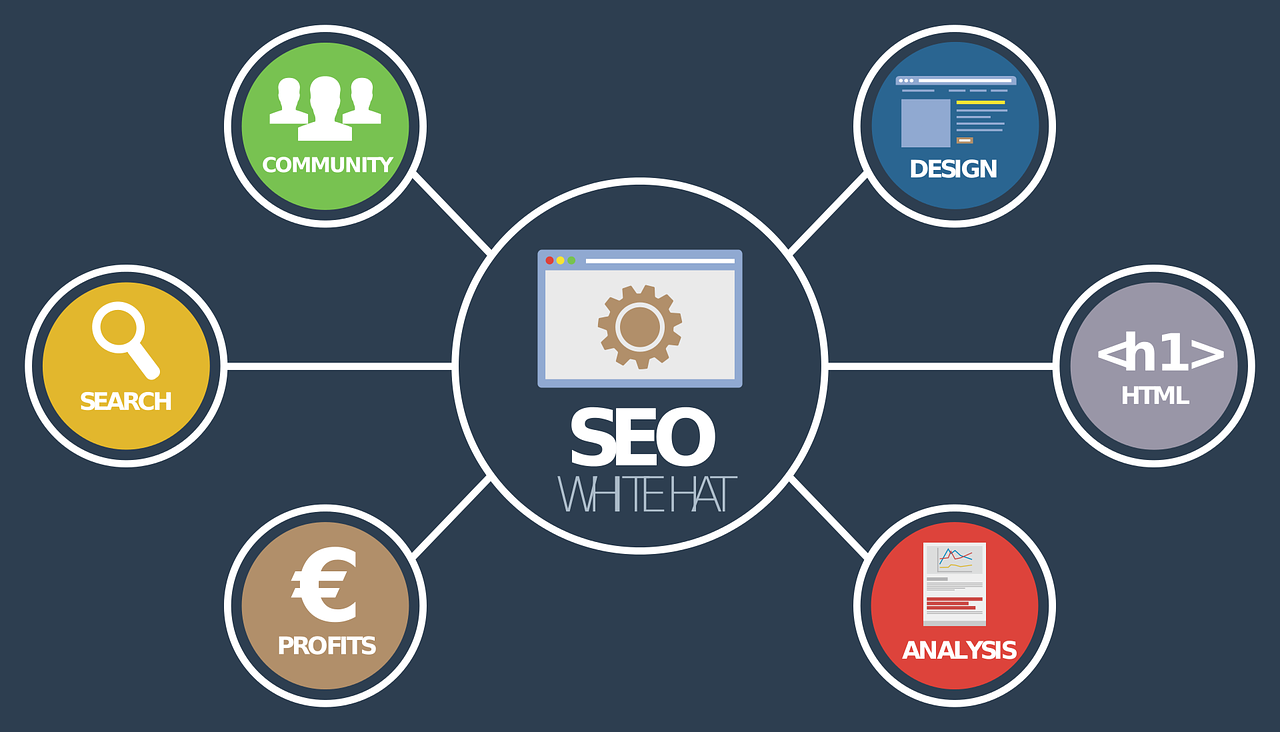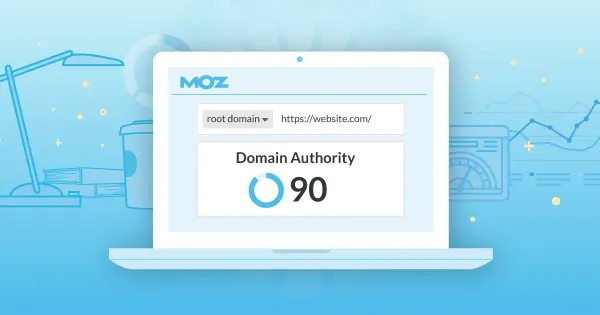What is SEO? The Key to Online Visibility and Success

In the vast digital landscape, where millions of websites compete for attention, Search Engine Optimization (SEO) plays a crucial role in determining your online success. SEO is a set of strategies and techniques designed to improve a website’s visibility in search engine results, ultimately driving organic, targeted traffic to your site. In this blog post, we will delve into the fundamentals of SEO, explore how it is done, and highlight its paramount importance for businesses and individuals alike.

What is SEO?
SEO, short for Search Engine Optimization, is the practice of optimizing a website to enhance its online visibility and rank higher on search engine results pages (SERPs). When users search for specific keywords or phrases related to your business or content, SEO aims to ensure that your website appears among the top results, increasing the likelihood of attracting visitors.
How is SEO Done?
- Keyword Research: Identifying relevant keywords and phrases that your target audience is likely to use when searching for content or products related to your website. Tools like Google Keyword Planner can assist in finding popular keywords with reasonable search volumes.
- On-Page Optimization: This involves optimizing the website’s content, meta tags, headings, and URLs to align with the identified keywords. Integrating keywords naturally and providing valuable content is key to successful on-page SEO.
- Technical SEO: Ensuring that your website is technically sound and search engine friendly. This includes optimizing site speed, mobile responsiveness, sitemap creation, and fixing broken links.
- Quality Content: Creating high-quality, engaging, and relevant content that satisfies users’ search intent. Search engines prioritize valuable content that meets users’ needs.
- Backlink Building: Acquiring high-quality backlinks from reputable websites helps search engines perceive your website as authoritative and trustworthy. However, it is crucial to focus on natural link building practices to avoid penalties.
- User Experience: A positive user experience, including intuitive navigation and easy accessibility, contributes to better SEO rankings. A user-friendly website is likely to attract more visitors and encourage longer dwell times.
- Local SEO (For Local Businesses): For businesses targeting local customers, optimizing for local search is essential. This involves claiming and optimizing Google My Business listing and providing consistent NAP (Name, Address, Phone number) information across the web.

Why is SEO Important?
- Increased Website Traffic: A higher ranking in search engine results leads to more organic traffic, potentially exposing your website to a broader audience.
- Credibility and Trust: Websites that rank high on SERPs are often perceived as credible and trustworthy by users. People tend to trust search engines’ recommendations, leading to increased trust in your brand or content.
- Cost-Effectiveness: Compared to paid advertising, SEO can be a cost-effective long-term strategy to attract organic traffic without direct advertising expenses.
- Better User Experience: SEO practices, such as mobile optimization and quality content, improve the overall user experience, leading to higher user satisfaction.
- Competitive Advantage: In highly competitive markets, effective SEO can help smaller businesses compete with larger players and establish a strong online presence.

In the digital age, SEO has become a fundamental aspect of online success. By implementing SEO best practices and continually optimizing your website, you can gain a competitive edge, attract targeted traffic, and establish your brand as a credible authority in your industry.
https://developers.google.com/search/docs/fundamentals/do-i-need-seo
Remember, SEO is an ongoing process, and staying up-to-date with evolving search engine algorithms and user behaviors is crucial to maintaining a strong online presence. So, invest in SEO today and witness the transformation of your online visibility and success.




